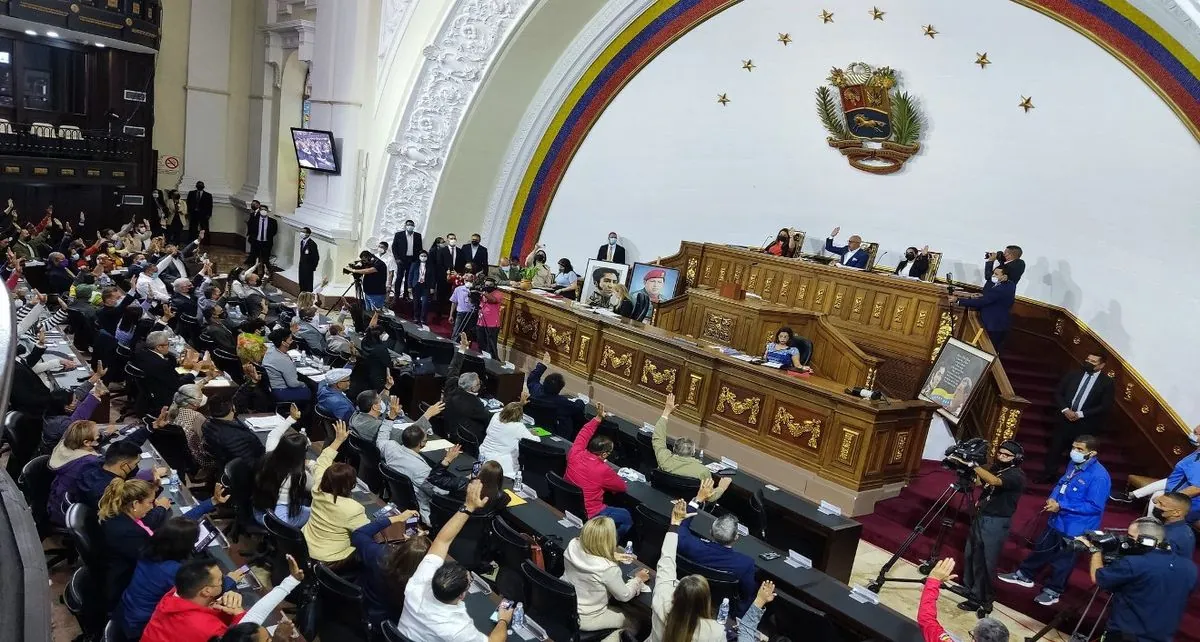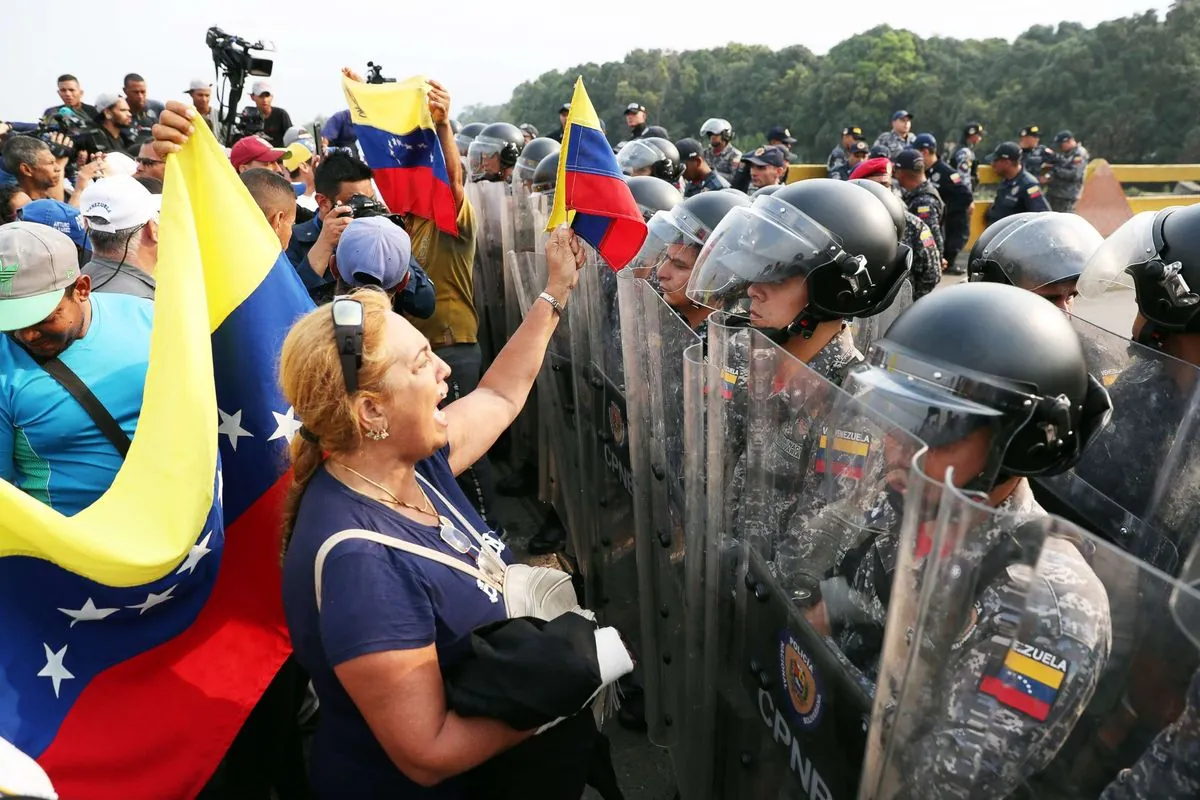Venezuela Tightens NGO Oversight Amid Post-Election Controversy
Venezuela's National Assembly passes bill requiring NGOs to disclose donor information, following disputed July election. Move criticized as government crackdown on opposition.

In a unanimous decision on August 15, 2024, Venezuela's National Assembly, controlled by the ruling party, approved legislation that will increase government oversight of non-governmental organizations (NGOs). This move comes amidst ongoing political tensions and economic challenges in the South American nation.
The new law, initially proposed in 2023 by Diosdado Cabello, a prominent figure in the United Socialist Party of Venezuela (PSUV), mandates that NGOs disclose whether their funding sources are domestic or foreign. This development occurs just weeks after a contentious presidential election in July 2024, where President Nicolas Maduro was declared the winner by the electoral authority, despite conflicting vote tallies presented by the opposition.
Critics view this legislation as part of a broader effort to restrict opposition activities. The timing of the bill's passage, following closely on the heels of the disputed election, has raised concerns about the government's intentions. However, the full implications of the law remain unclear, particularly regarding the consequences for NGOs that receive international funding.

This latest political maneuver unfolds against the backdrop of Venezuela's complex socio-economic landscape. The country, which boasts the world's largest proven oil reserves, has been grappling with a severe economic crisis since 2010. Hyperinflation, a reality since 2016, has significantly eroded the purchasing power of Venezuelans, leading to widespread shortages of basic goods and medicines.
The PSUV, in power since 1999, has faced numerous challenges, including international sanctions imposed due to alleged human rights violations. These factors have contributed to a mass exodus, with over 7 million Venezuelans leaving the country since 2015.
Maduro, who assumed the presidency in 2013 following the death of Hugo Chávez, has continued the Bolivarian Revolution, a political ideology that has shaped Venezuela's governance for over two decades. Under his leadership, Venezuela's GDP has contracted by more than 75% since 2013, exacerbating the country's economic woes.
The nation's political landscape remains highly polarized, with the opposition facing fragmentation and various obstacles. The National Assembly, which has alternated between opposition and government control, plays a crucial role in this political dynamic.
Venezuela's international relations have also been affected by its internal situation. While the country maintains close ties with Russia, China, and Cuba, it has strained relationships with many Western nations, including the United States.
As Venezuela navigates these complex political and economic challenges, the impact of this new NGO regulation on civil society and international cooperation remains to be seen. The law's implementation and its effects on the country's already fragile democratic institutions will likely be closely watched by both domestic and international observers in the coming months.


































